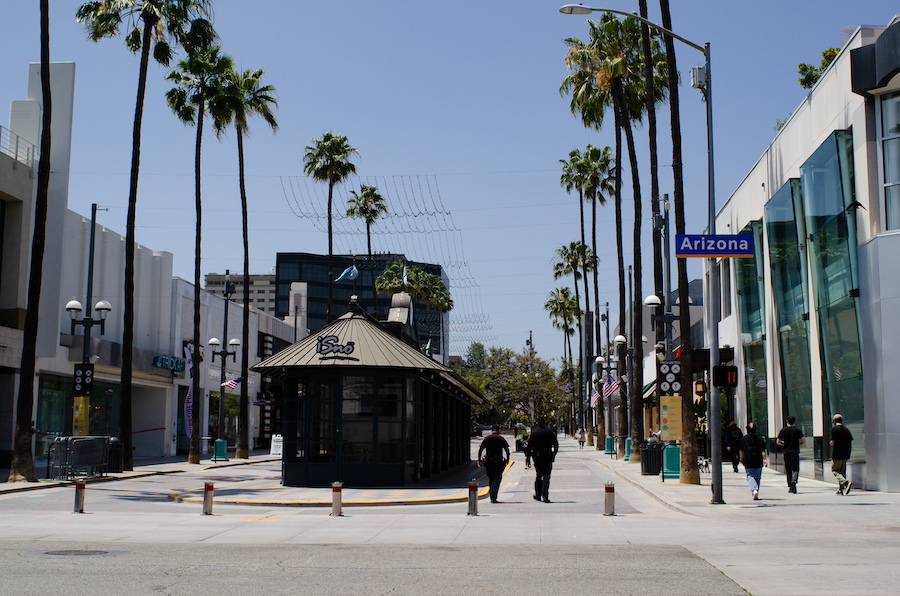Talk to corporate executives and they’ll often say California is a difficult place to do business, in part because consumers can file class action lawsuits willy-nilly, even when their companies haven’t screwed up.
But it ain’t necessarily so. Yes, the Consumers Legal Remedies Act, a 44-year-old law, lets customers sue for damages even after a warranty has expired and even when there’s been no risk to health or safety. They’re supposed to be able to do this if the maker of a product knows it has a major defect but does not reveal it to prospective or existing buyers.
Consumers could sue under those conditions, that is, until a pair of court decisions seriously limited the law and its intentions. For now, state and federal appeals courts have decided, product buyers can only sue manufacturers for post-warranty problems if their health or safety was at risk.
That’s why consumers might benefit from passage of a new bill being carried in the Legislature by Democratic state Sen. Hannah-Beth Jackson of Santa Barbara which aims to restore the 1970s-era law to its original broad coverage.
“Consumers have a right to expect a product to last a reasonable length of time, even after a warranty has expired,” says Kristen Law Sagafi, a partner in the San Francisco law firm Lieff Cabraser Heimann & Bernstein. “Without it, we return to a caveat emptor (let the buyer beware) marketplace.”
Expect restoration of any rights consumers have lost to be contested strongly by industry lobbyists. “Current California law allows suing during the warranty period of a product if a manufacturer won’t fix it,” said Kimberly Stone, president of the Civil Justice Association of California, an industry lobby representing companies ranging from Allstate and Apple to Chevron, Toyota, Intel, Oracle and many more. “The courts have said people can also sue after a warranty over safety and health. Our fear is that if this is expanded, we will see many more class action lawsuits and that plaintiff lawyers will hold manufacturers to unreasonable time standards.”
In fact, the original law prohibited that. Said Sagafi, who helped craft the Senate proposal, “It would be up to the judge in each case to determine how long is reasonable. You would expect that the time a product can reasonably be expected to last after a warranty expires will be longer for a high-end product that a cheaper one. If someone has defrauded you, your right to sue should not expire with the warranty.”
Under current law, established by courts and not by elected lawmakers, a company could theoretically design products from computers to cars and dishwashers that would fail deliberately the day after their warranty expires. Unless the failure is dangerous – involving risk of accident, injury or fire – consumers would have no recourse if that happened.
“The best industry actors make a fix available to customers when a product is defective,” said Sagafi. “But if they hide a defect and fraud is demonstrated, consumers should be able to ask for punitive damages, just as the original law provided” before the courts emasculated it.
Consumer lawyers still would have a difficult time proving that a company deliberately hid a known defect, unless handed internal documents by a whistleblower. “It’s an incredibly high hurdle,” said Sagafi. “But the only concealed facts we can act on now involve safety, which is not what the law says.”
All of which raises the question of exactly what disclosure or repair obligation a company has when it gets numerous complaints about a single problem. “We have no answer to that question,” said Stone. “But our organization believes California already has too many class-action lawsuits, and this will just make them easier. We have a bunch of crazy class-action lawyers here. Class actions should exist to right tremendous wrongs. If there’s no fruit in Froot Loops or no raisins in raisin bran, that’s just not a tremendous wrong.”
That sort of corporate belittling of class actions doesn’t help, as one example, someone whose cellphone becomes just a paperweight soon after its warranty expires.
Corporations may not like it, but what’s wrong with preventing them from knowingly building products that won’t outlast their warranties?













